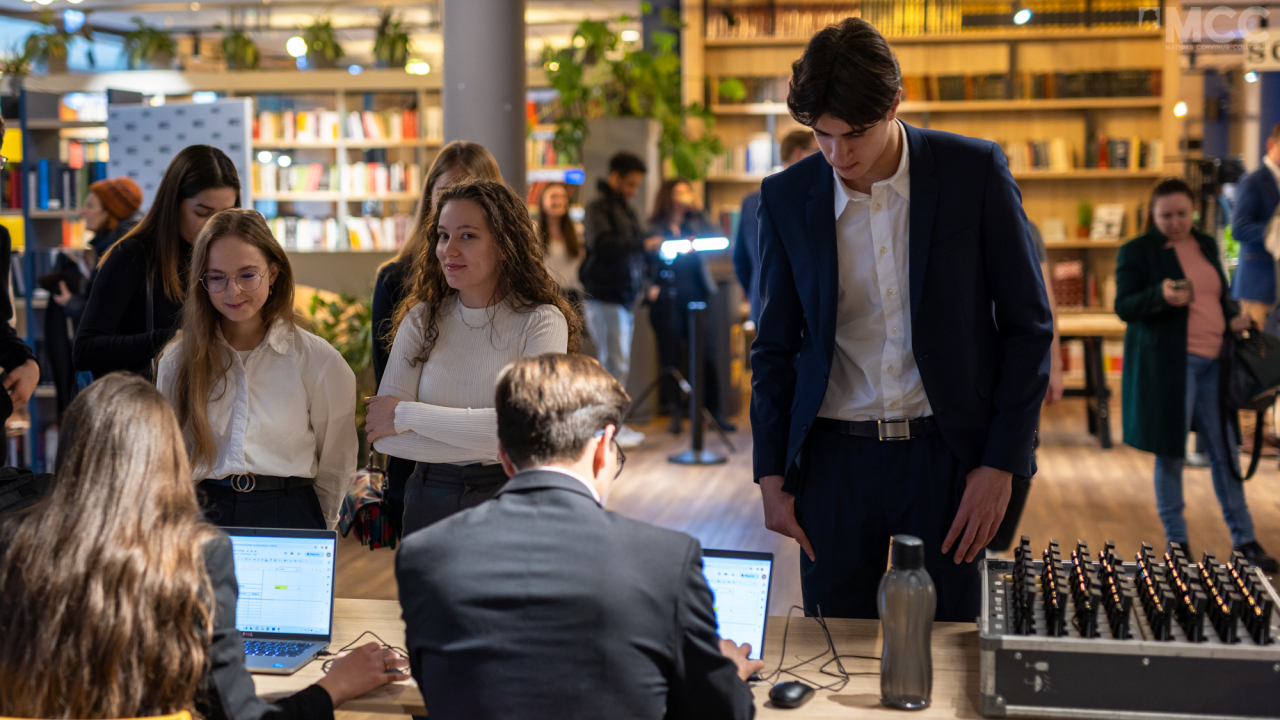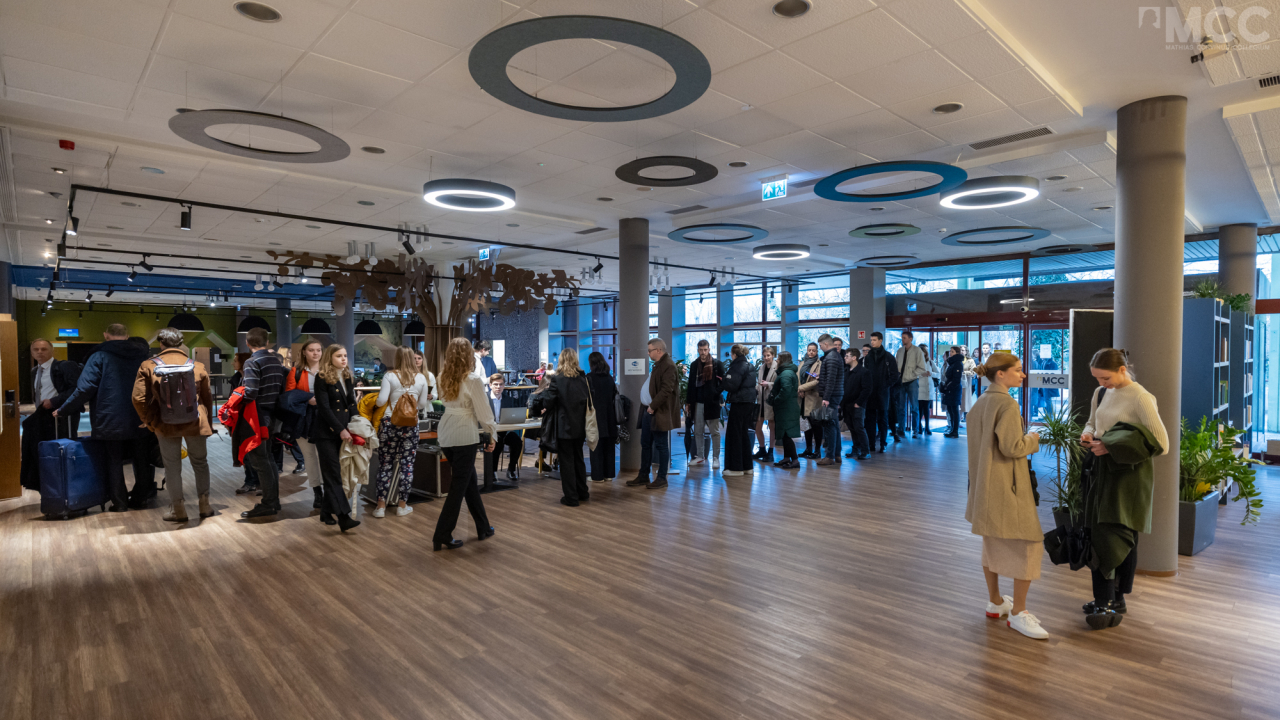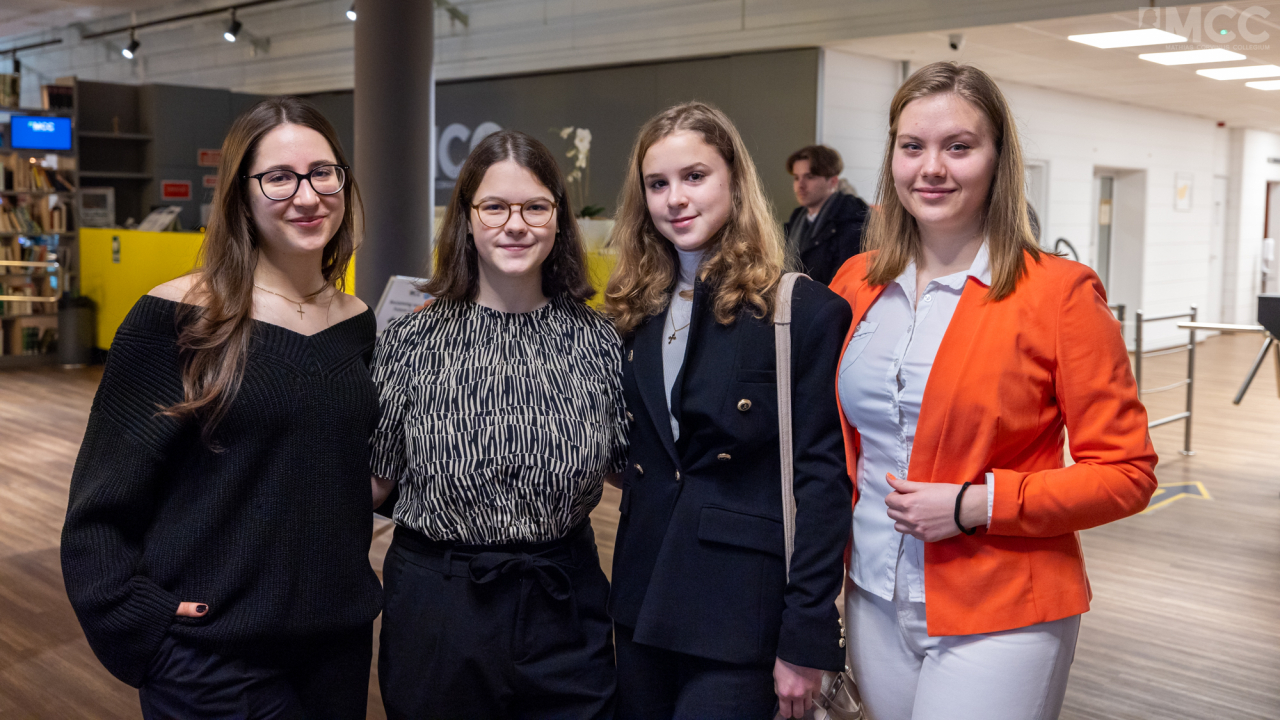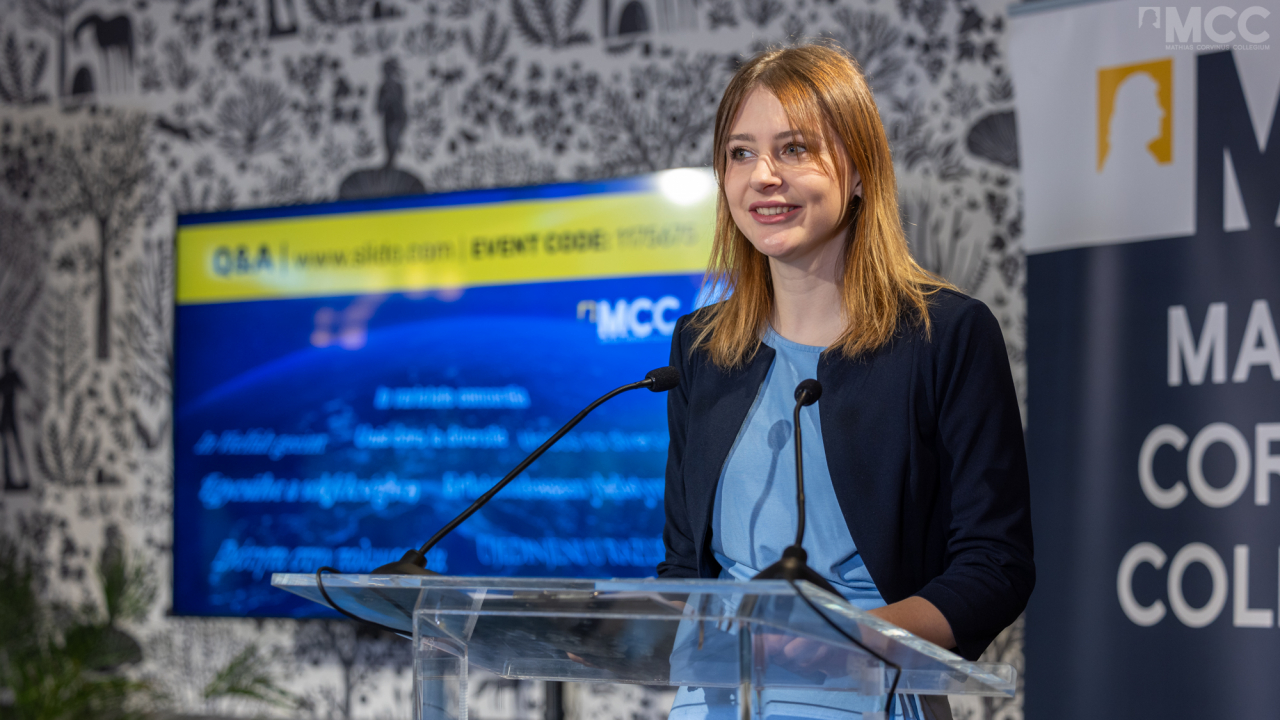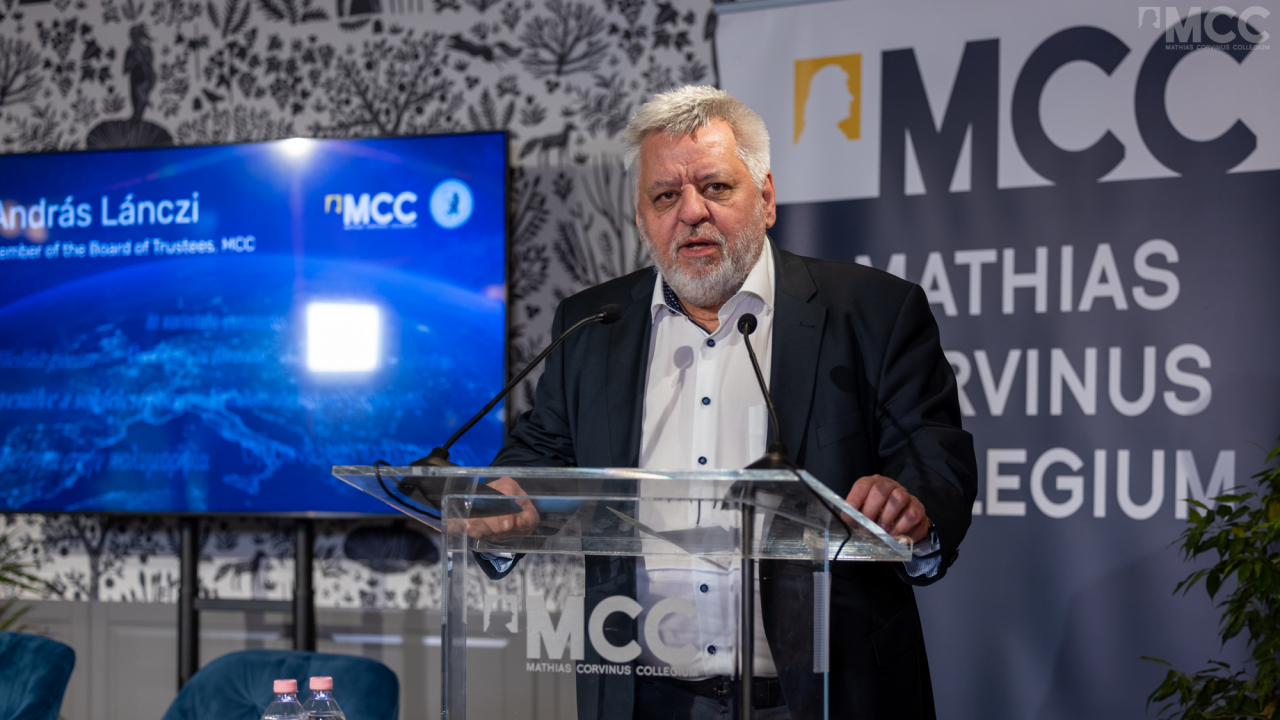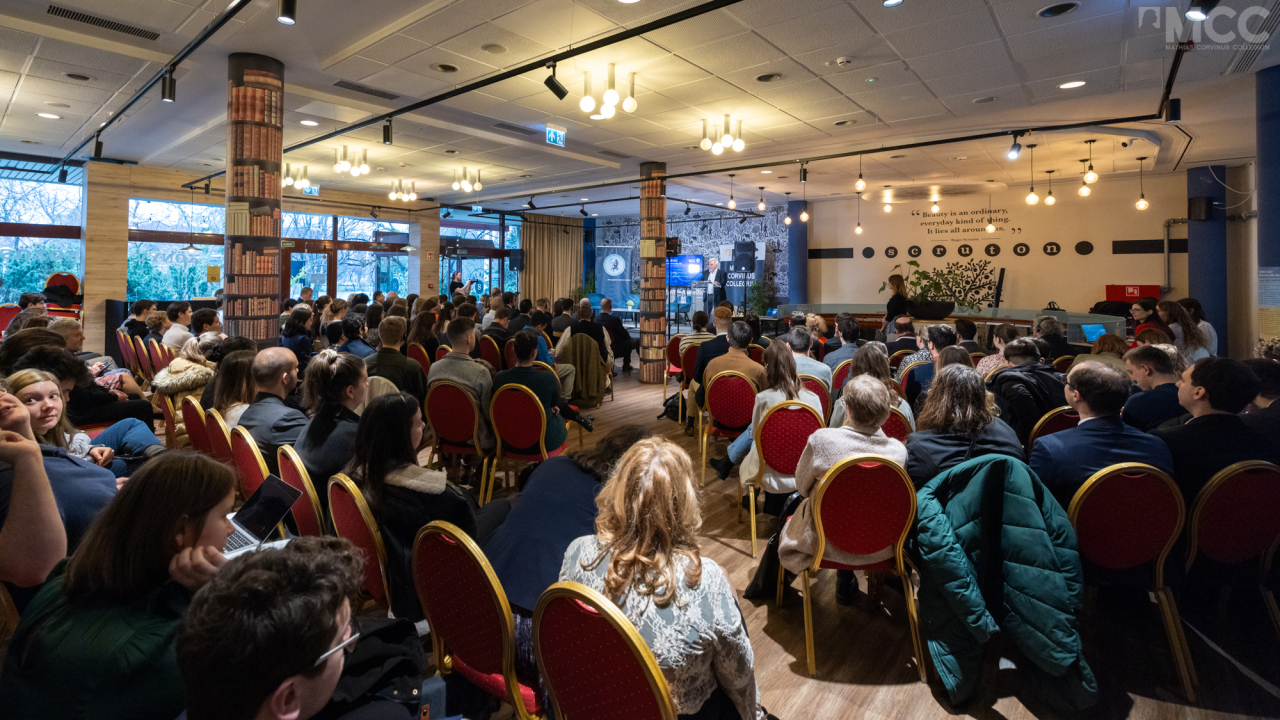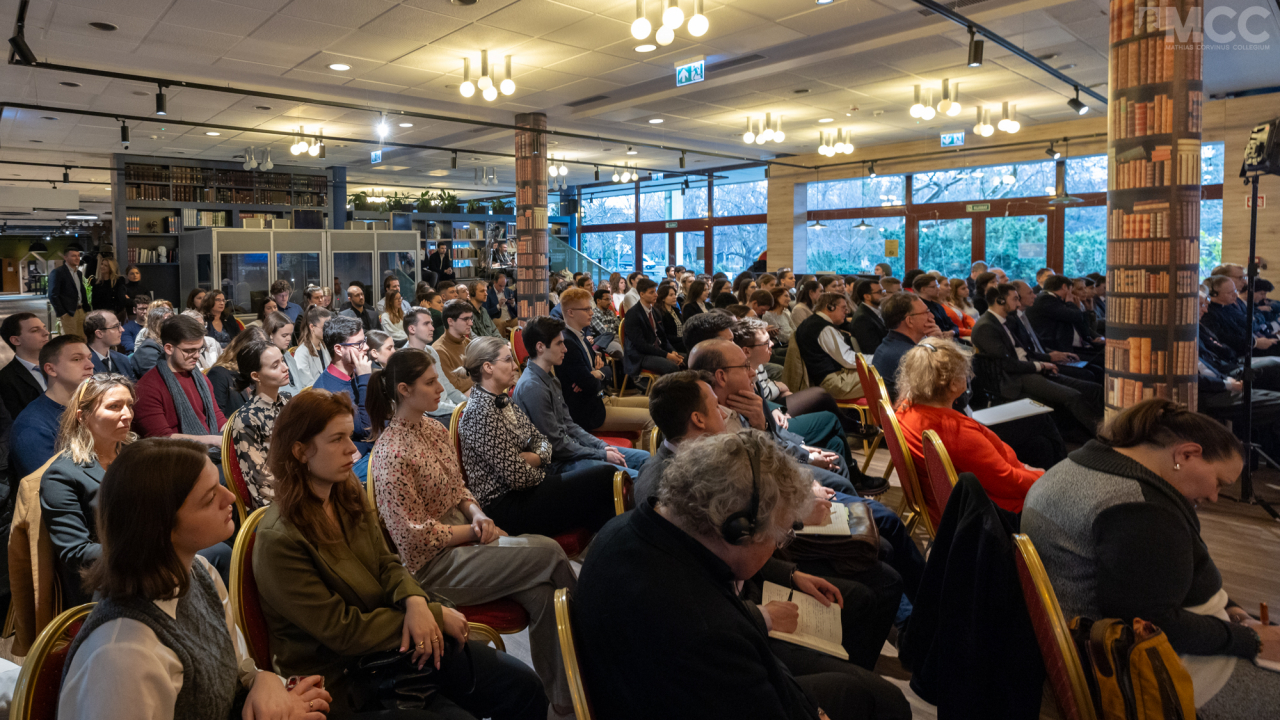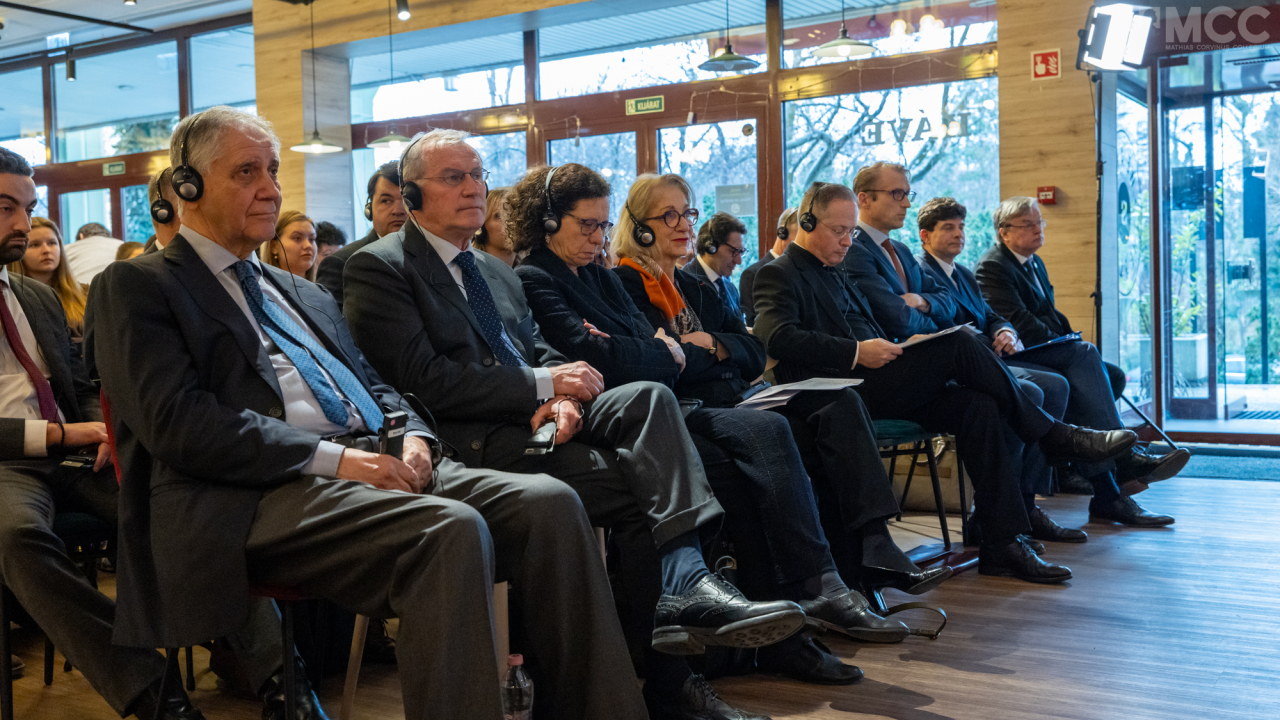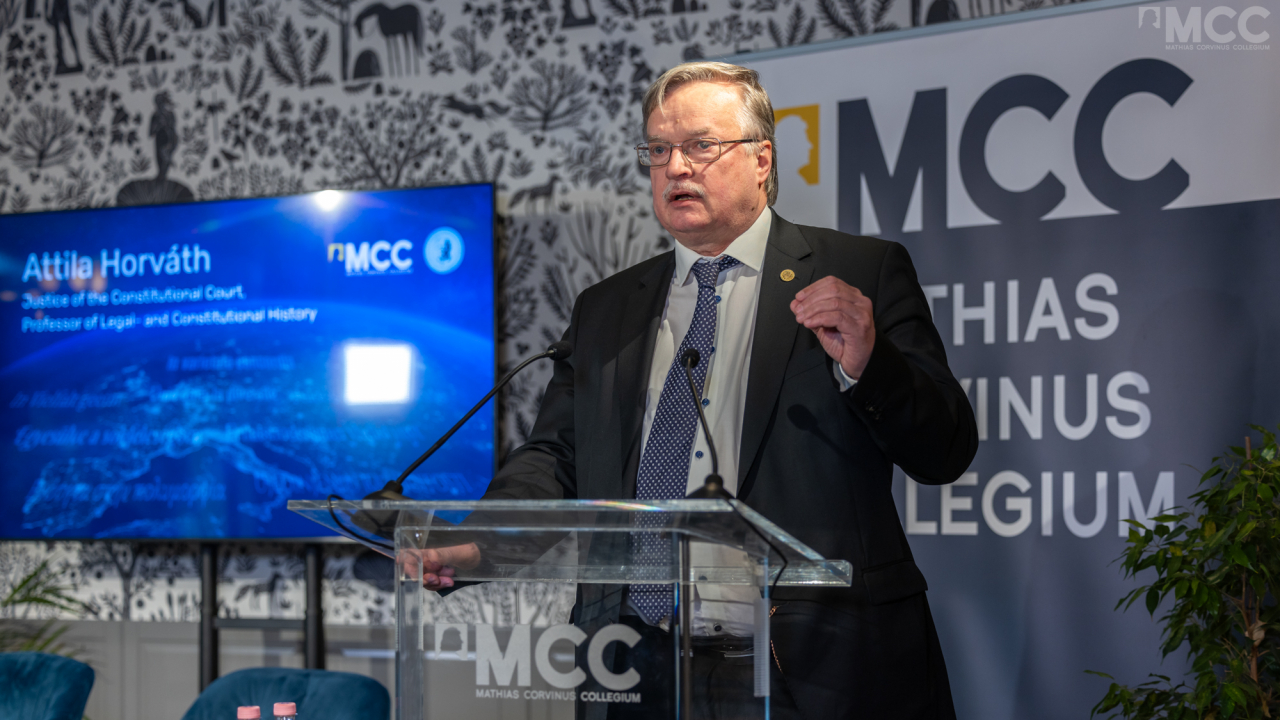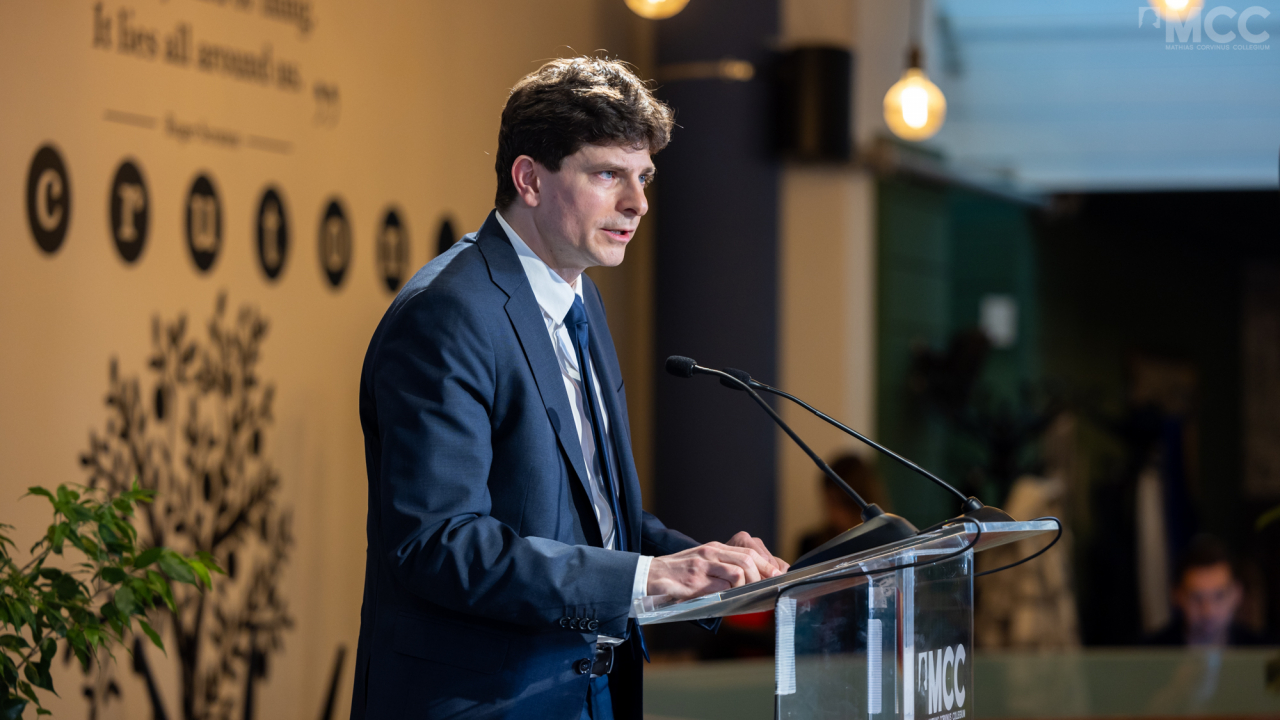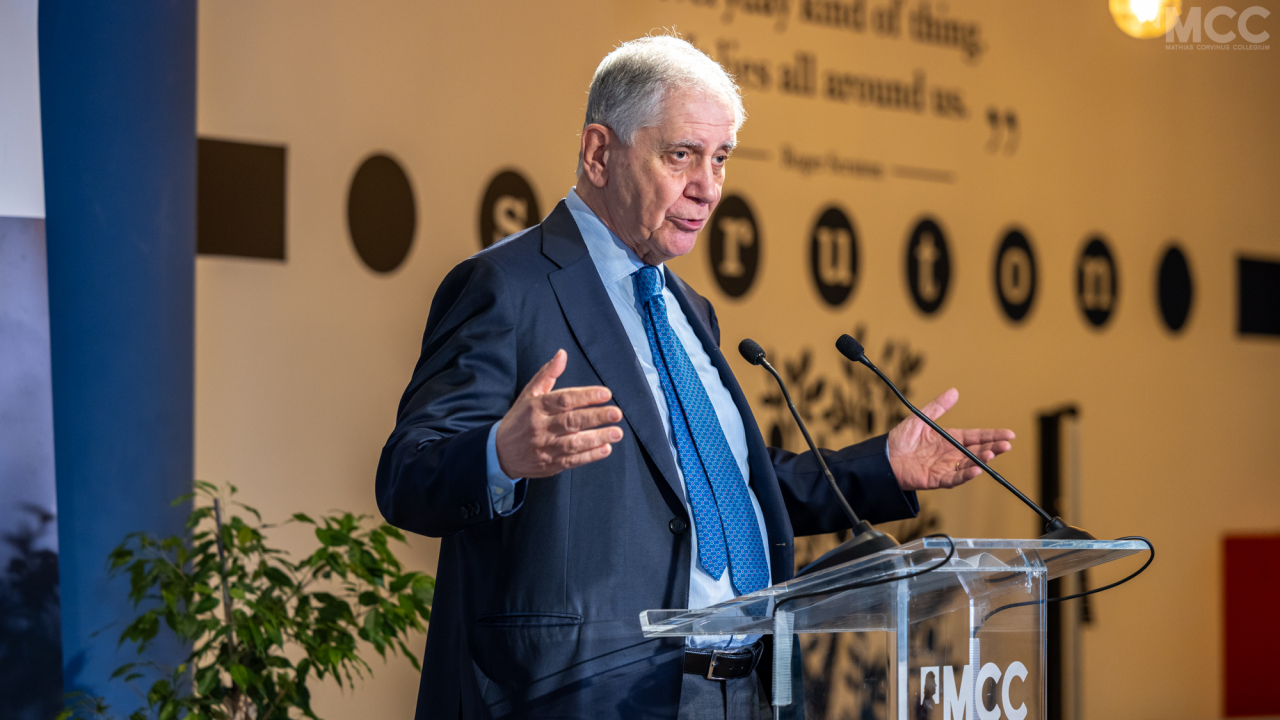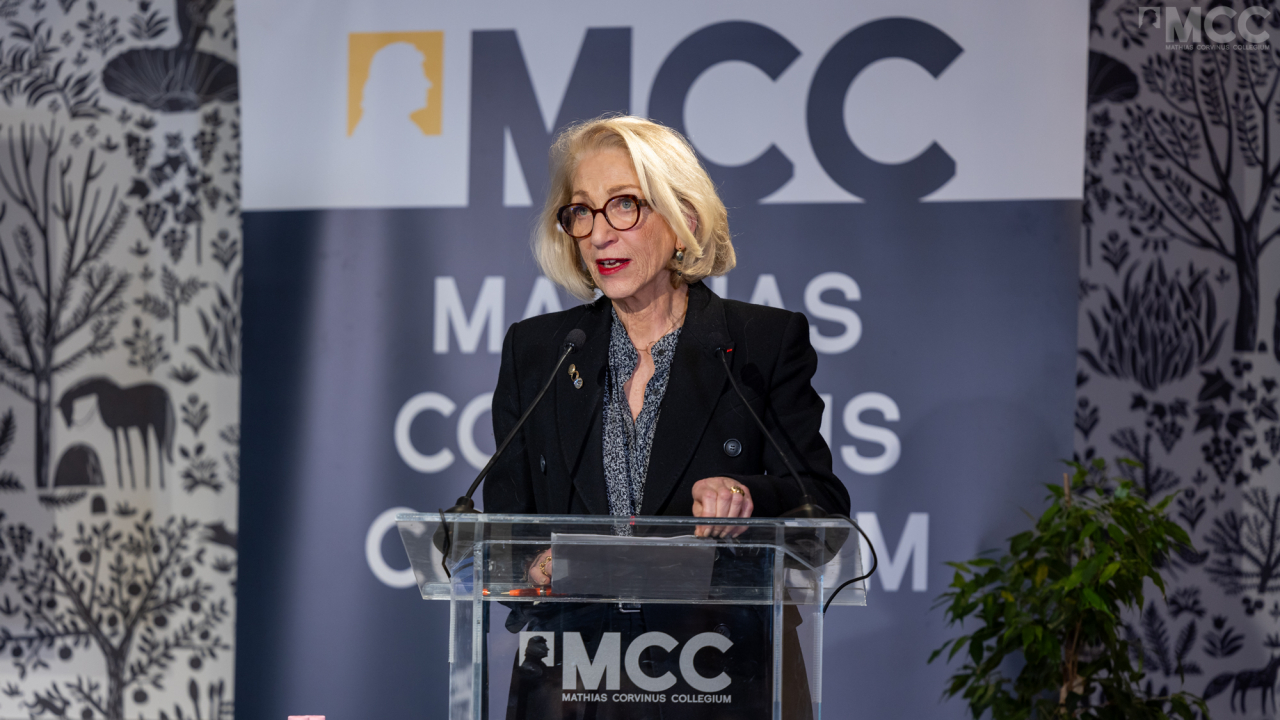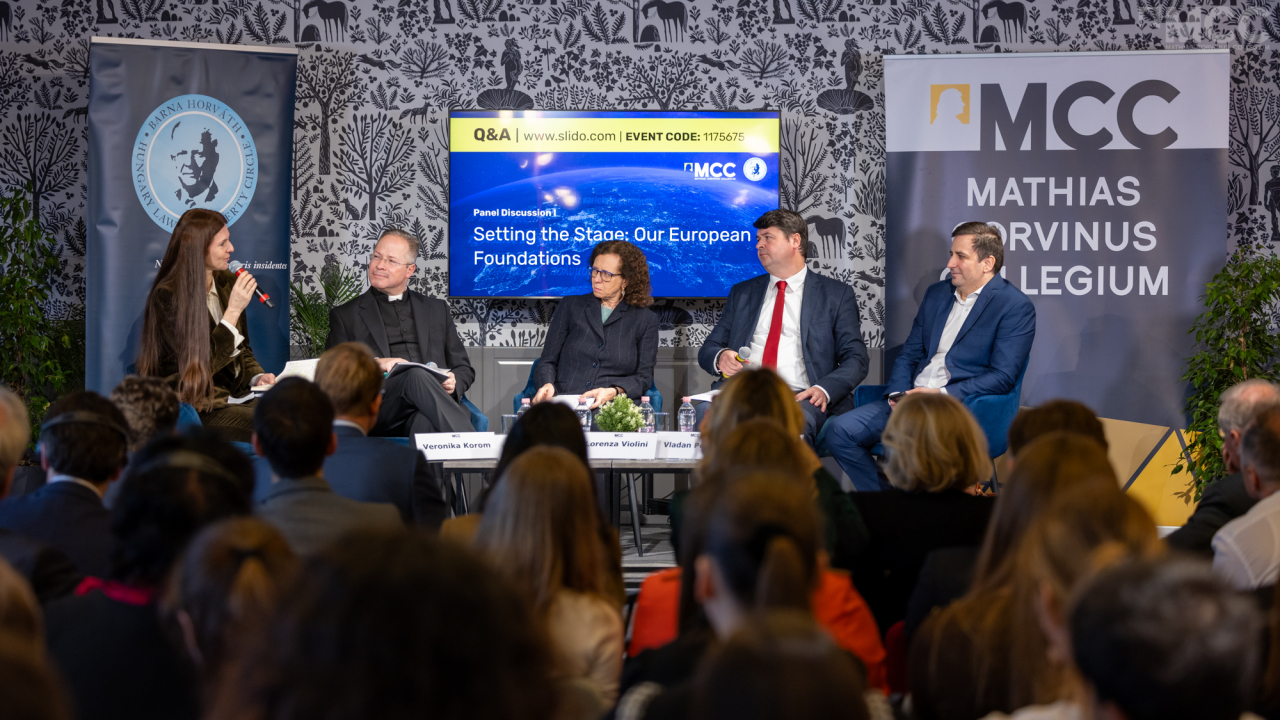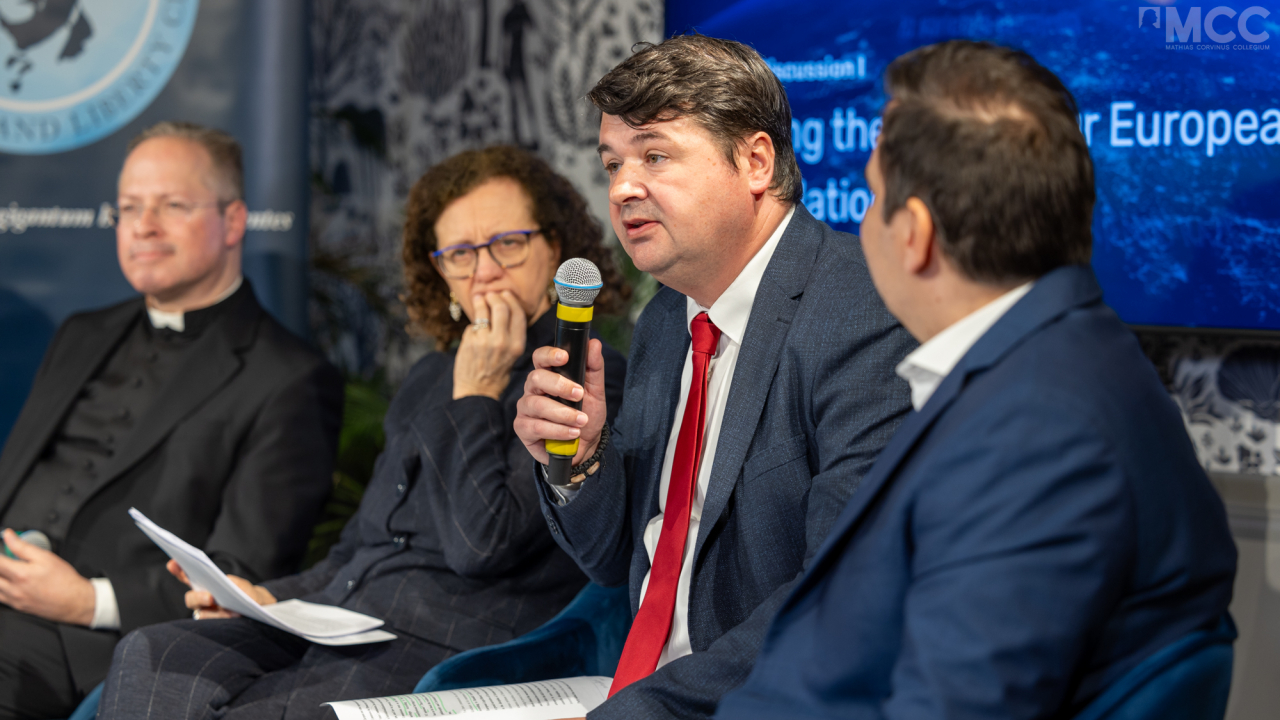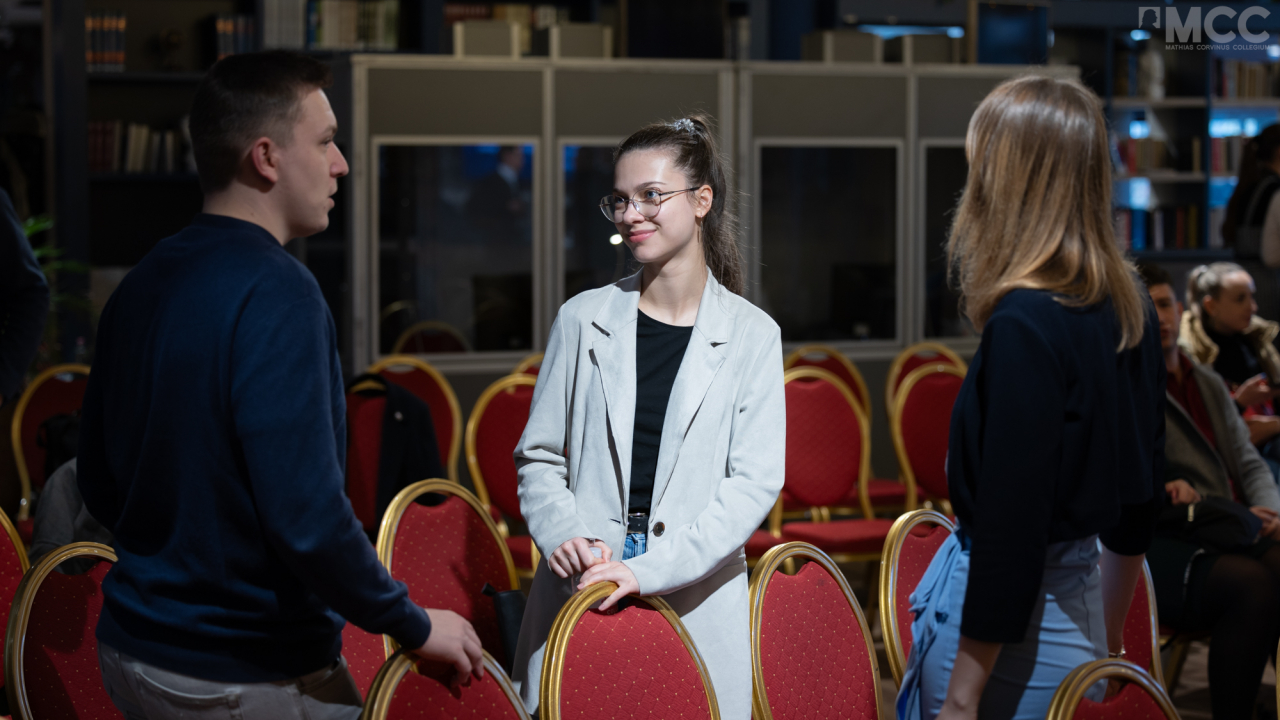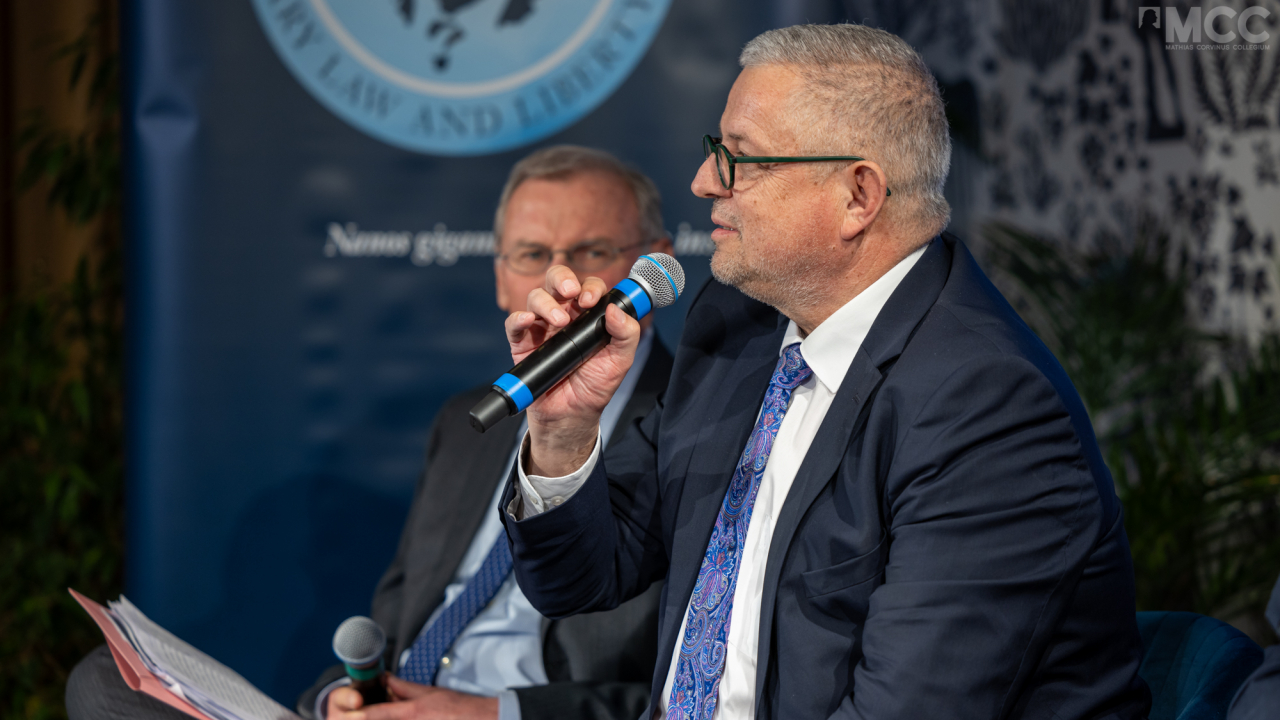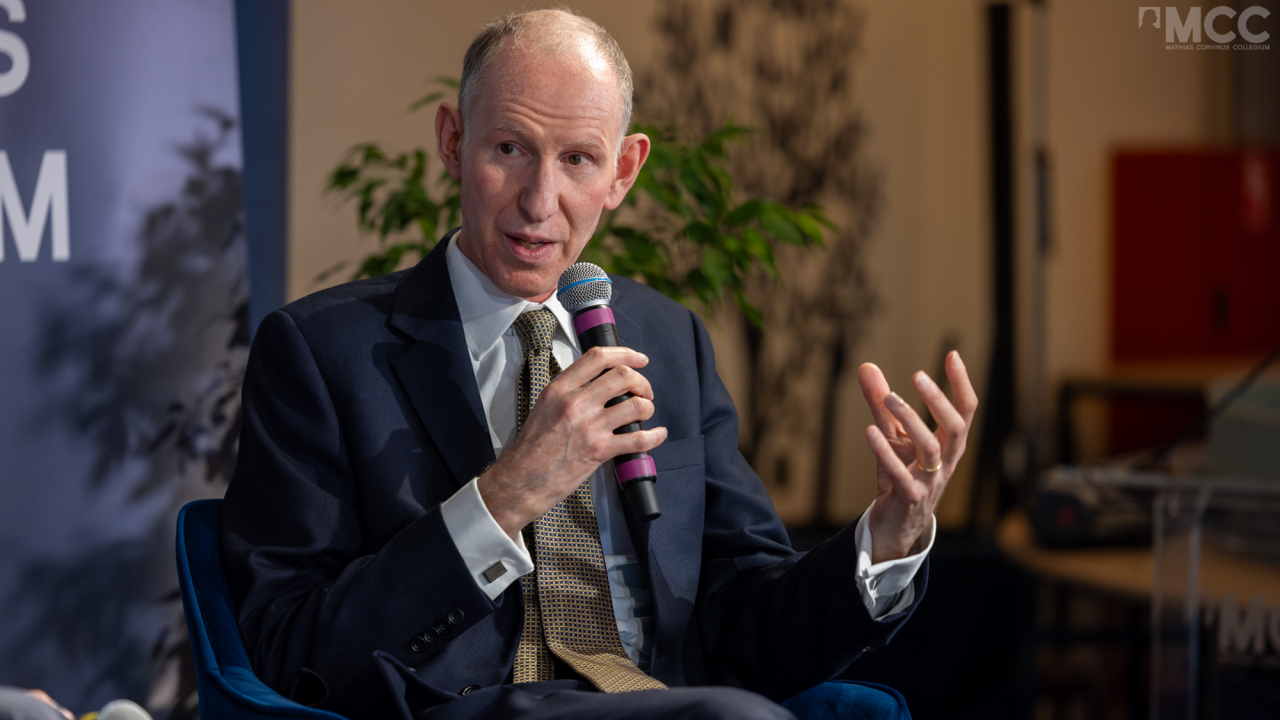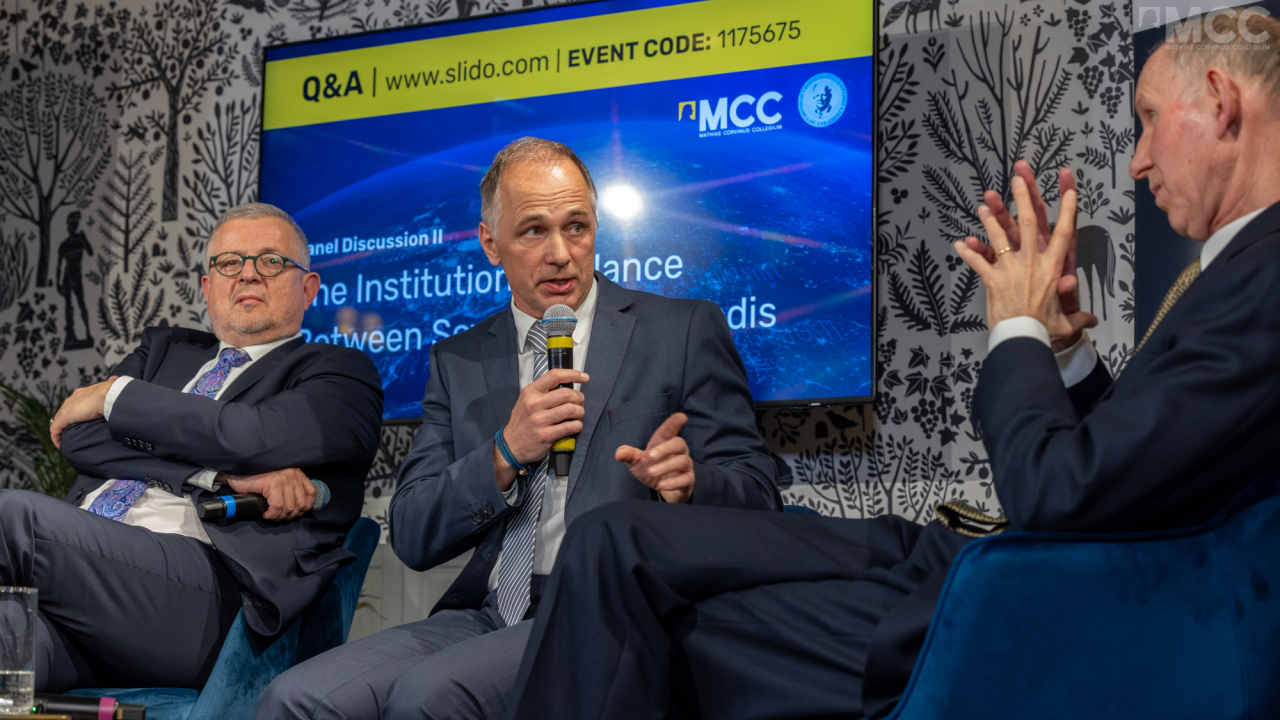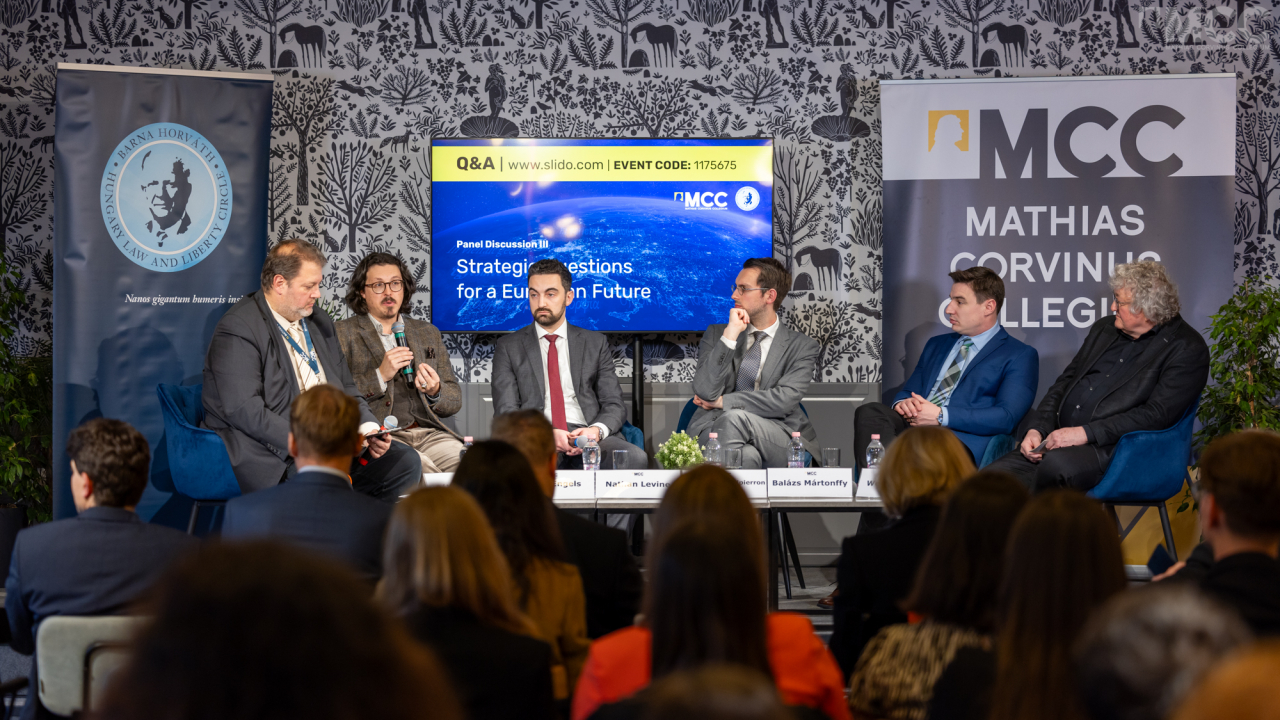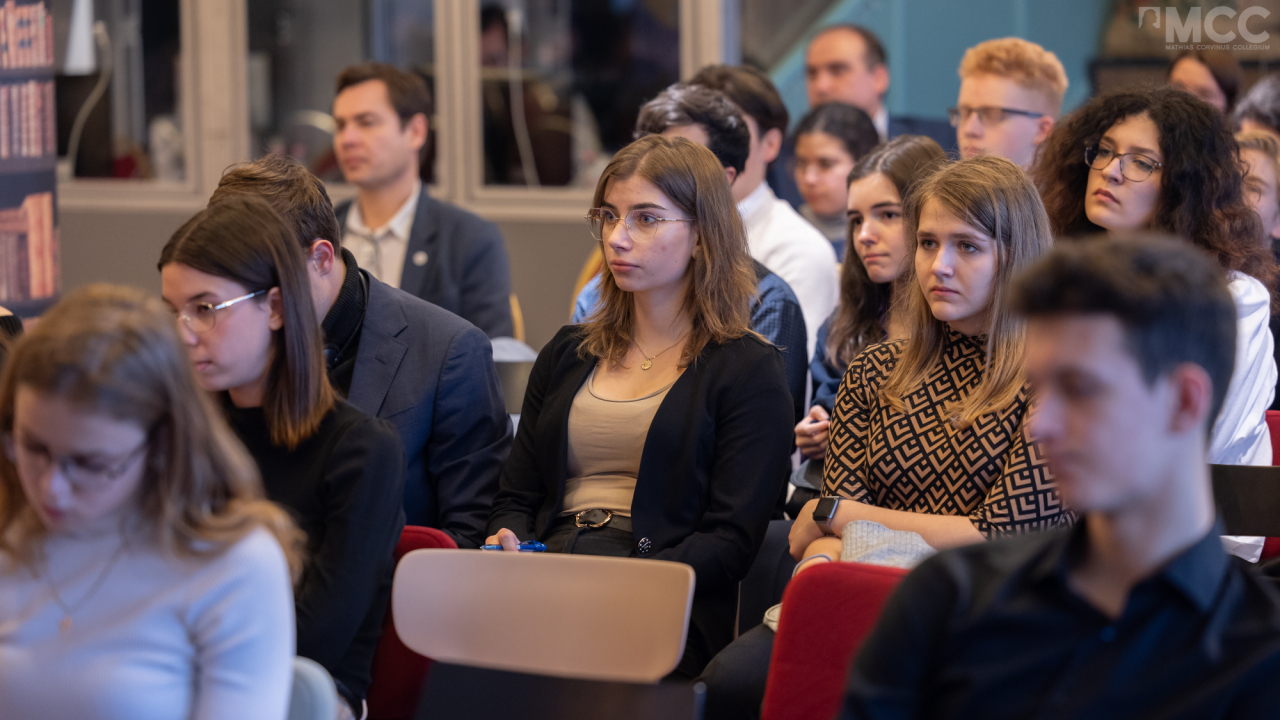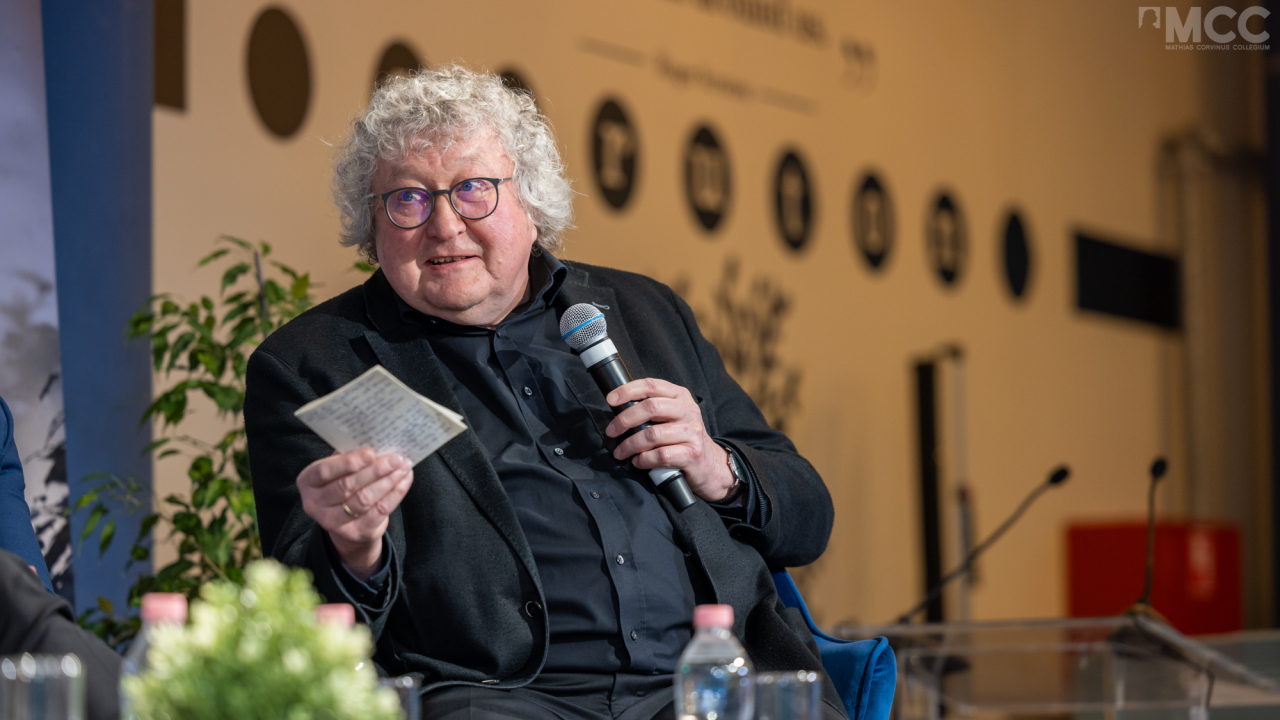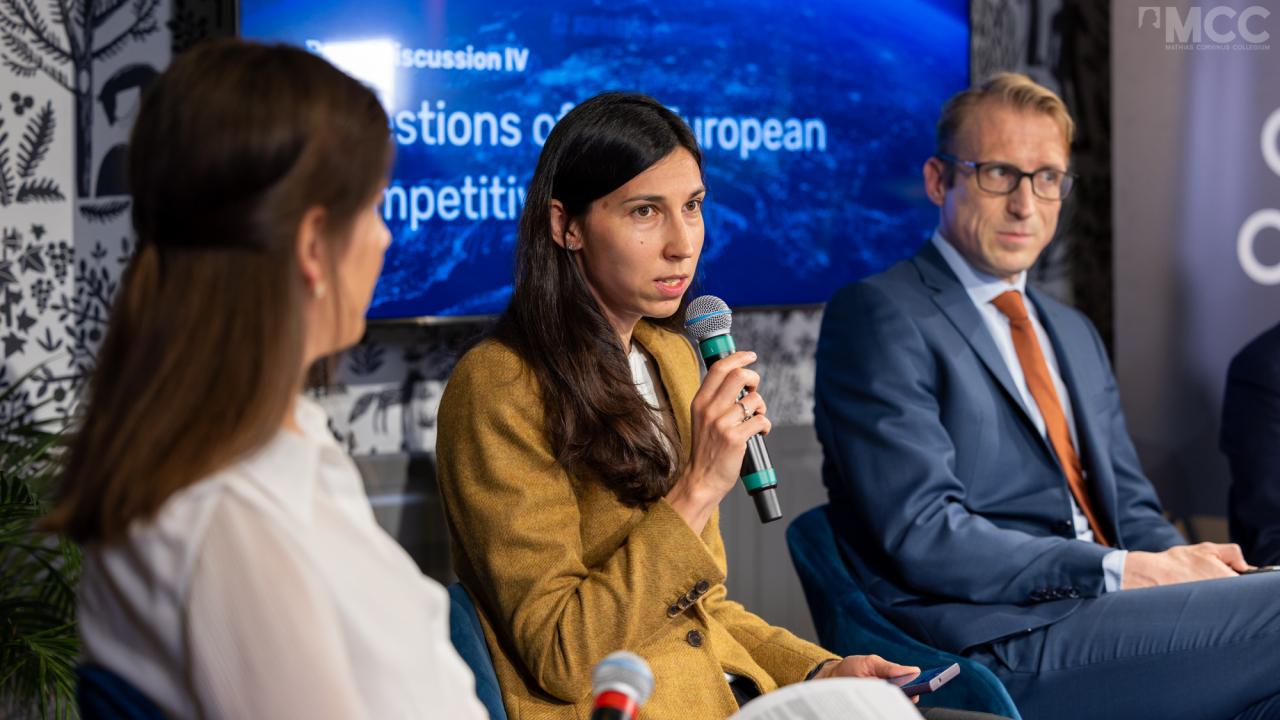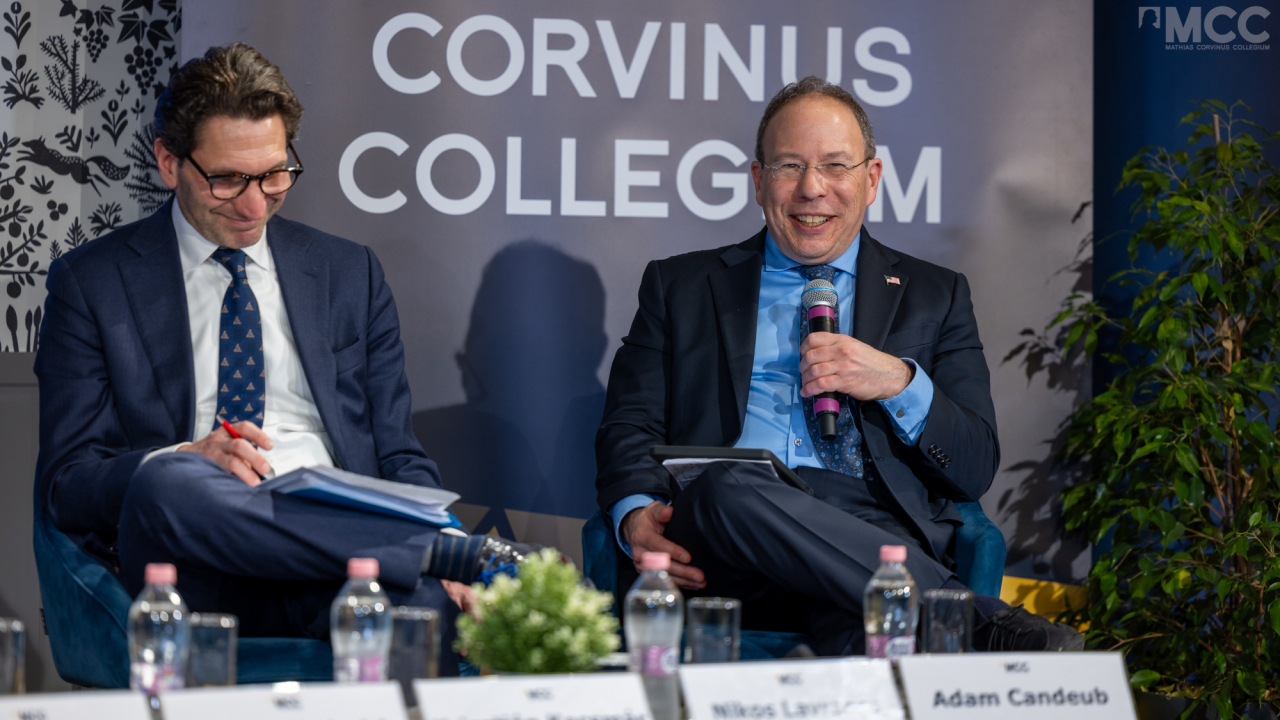Reading time: 4 minutes
„If I look at the rather miserable state of European politics today, I see many reasons for doubt or even for despair. I know however that sometimes miracles happen. When God wants to shape our history, he needs however at least a small number of men of wisdom and hope. Will He find these men? Are we willing to be these men? The answer to this question will define the future of our European home.” – Rocco Buttiglione, professor of political science and one of the keynote speakers of the conference pointed out.
The Reclaiming Our European Future international conference of MCC attracted around three hundred participants. The conference – unique throughout Europe – discussed today's relevance of the European civilization's heritage and the challenges ahead of the European cooperation, including the question of institutional reforms. The event started with the opening remarks of András Lanczi, Széchenyi Prize-winning philosopher, member of the board of trustees of MCC; Attila Horváth, justice of the Constitutional Court, well-respected professor of legal and constitutional history; and Lénárd Sándor, head of the Center for International Law at MCC, the organizer of the conference. In his opening remarks, András Lanczi pointed out that one of the missions of MCC is to ask as many questions as possible, while Attila Horváth emphasized that the Hungarian constitutional and legal development has been an integral part and also an enriching contribution to the European civilization. In his speech, Lénárd Sándor highlighted that only through the unique cultures of the European countries one can understand and learn the European civilization.
Recalling the historical evolution of the European cooperation, Rocco Buttiglione, one of the keynote speakers of the conference, emphasized the importance of a common cultural foundation as well as the essential role Christianity has played in binding together the diverse peoples and nations of Europe. Even though the current state of European politics is miserable today, as he recalled, a miracle happened before when a divided Europe could be reunified after the change of regime. Europe needs wise and open-hearted leaders, and as Saint John Paul II said, in order to see the middle and long-term interests, men need to raise their eyes towards the sky of the higher values. The other keynote speaker of the conference was Anne-Marie Le Pourhiet, a professor of constitutional law. She warned that the nation states have been increasingly losing control over the integration. However, the growing centralization of the European cooperation that erodes the self-determination of the Member States should be reversed. The Founding Treaties should be revised accordingly, and the constitutional shields should be reinforced. The European Union shall not impose itself on Member States, but rather fulfill their freedom and reinforce their weight on the world stage - concluded the French constitutional law professor.
The various panel discussions explored different dilemmas from the principles of the European civilization to the question of institutional reform to strategic challenges to the European competitiveness. The debates shed light on the importance of the inclusion of national political and judicial systems in the European decision-making process. Among others, Rajko Knez, a member of the Slovenian Constitutional Court emphasized that the larger the European integration becomes, the more imperative it is to respect the unique cultures, characteristics, and identities of the European nations. Peter M. Huber, a former judge of the German Constitutional Court compared the European law to a table with 27 feet: the table plate alone would not stand without the legs as they are bound together in order that they work. The speakers stressed that the unipolar and liberal world order has come to an end, and therefore the European cooperation must think more pragmatically and strive for stronger strategic autonomy. They also unanimously underlined the importance of the achievements of the internal market and the strategic importance of the EU enlargement to the Western Balkans.
The conference was a unique event in Europe that could bring together well-respected law professors, political scientists, members of international courts and national judges from many European countries and the United States to recall the relevance of our civilization heritage and to discuss the urgently important questions of the European future.
